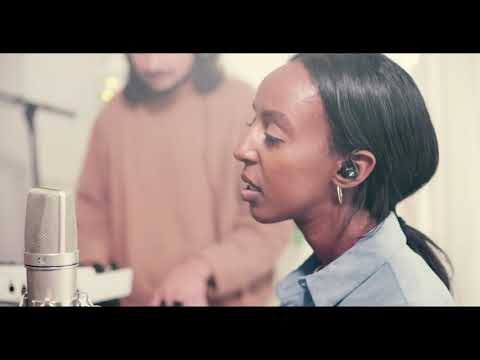Christianity shapes our lives. (By ‘our’ I broadly mean Westerners and specifically English speakers because that’s what I know.) Here’s why it’s important to understand this:
Quick wins and low-hanging fruit.
Your brain is already primed by the culture you live in and the language you speak to cooperate with Christian concepts of growth and change.
Let’s say you want to become less tribal and more inclusive. You already know ‘love your neighbour as yourself’. From there it’s only a tiny step to Jesus being asked, ‘Who is my neighbour?’ Jesus responds by telling the Jewish questioner the story of the good Samaritan (scroll down to 25). You may not know the story or know that ancient Jews despised Samaritans. But once you hear it, it fits easily in your mind and can start wearing away at your tribalism.
I’ve been thinking for three years about how I can make some of the profound insights of Christianity accessible to anyone, whether they are practicing Christians or not. We’re living in a time where there is mass ignorance of Christianity’s best ideas and the ignorance is resting on a foundation of language and ways of thinking that have been deeply shaped by Christianity. I have a hunch that if someone could share those insights in a fresh non-religious way, people could use them to grow – dare I say it? – quickly.
This is what I’ll be trying to do with TREE in September. I’ll be sharing the conversation between me and a book by a guy who worked in the kitchen of a French Monastery in the 1600s. It was one of my favourite books when I a was a pastor. It has continued to be helpful to me since I stopped believing in God. I think and hope it will be helpful to your Western brain too.
(I’m experimenting with this book instead of the bible because I know there is a lot of religious trauma out there and daily bible verses, no matter how carefully they are presented, may be the opposite of helpful for a lot of people.)
I need a better title before September. Right now it’s called ‘Being Present for Busy Distracted People, i.e. me’.
Here’s a lovely way to ease yourself awake on a summer morning.
Grow slowly
Jeff






I get asked a lot about where my morals come from if I'm an atheist. It's a weird question to me. I have lots of thoughts on this.
Recently, a book I read before the Bible, resurfaced. Lao Tsu’s. I was refreshed and realized it was a philosophy I adopted in high school. My parents were absent so I was a seeker on my own. The Bible was the most specific and meaningful book I continue to read. Wisdom books are a good way to aspire higher 🪷